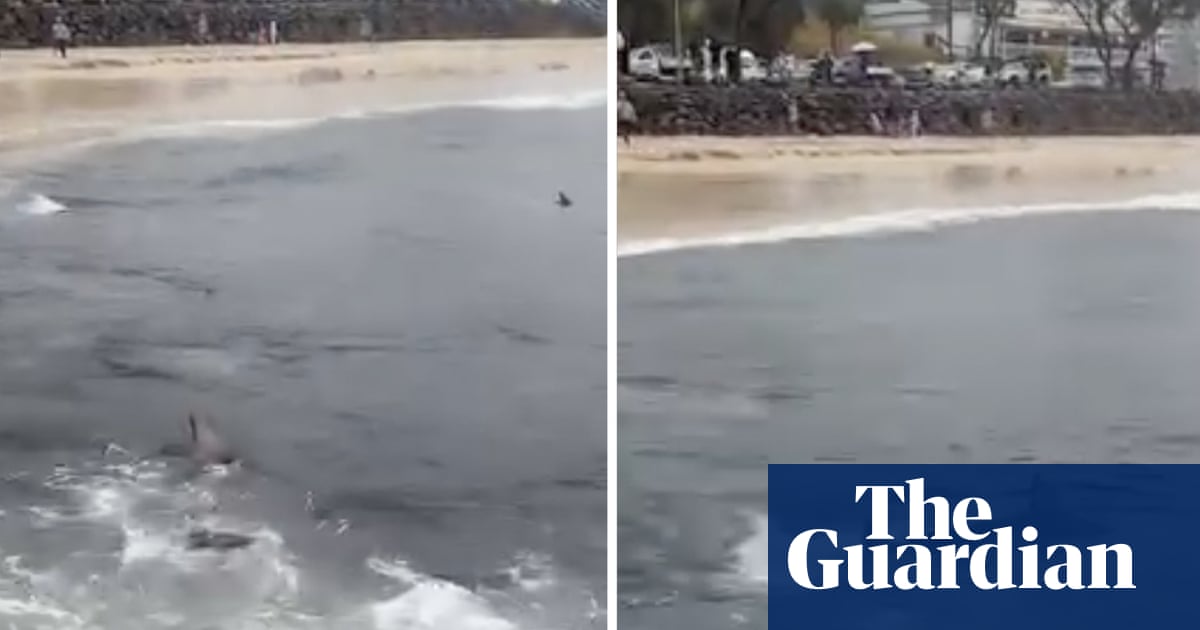A marine heatwave known as a blob was especially severe this year in the north-western and central Pacific Ocean, which could lead in the coming months to increased flooding in the US Pacific north-west and especially wintery weather in eastern North America, according to climate scientists.
The temperature in August in the northern Pacific was 2.5C above preindustrial levels, according to Berkeley Earth, a non-profit that studies global warming.
That spike can lead to more thunder storms and affect marine species, according to Zeke Hausfather, a research scientist with Berkeley Earth.
“I kind of wonder, is this going to be a permanent feature?” said Nick Bond, a climatologist with the state of Washington and the University of Washington, who coined the term “blob” for the phenomenon.
Bond added: “A storm can come along and cool off the ocean some. You might have a sunny summer and it will warm up a little bit more than usual, so there are those kinds of fluctuations. But boy, what is out there in the central north Pacific? That is not going away anytime soon.”
Bond said he started calling such a heatwave a blob because “they are not static. They are kind of amorphous. They move around and evolve with time as the weather changes.”
Over the past decade, such heatwaves have become more severe and frequent.
“It has become appreciated that there can be these events that happen in the ocean that are significant, especially from an ecosystem point of view but also from a weather point of view,” Bond said. “It’s important to monitor them and to hopefully forecast them more effectively and just be aware that the climate is changing.”
From 2014 to 2016, there was a blob along the US west coast in which ocean temperatures were up to 3C above normal, according to the National Ocean and Atmospheric Administration.
“There were a lot of harmful algal blooms along the US west coast of unprecedented scope and intensity, and those shut down commercial shellfish fisheries,” Bond said.
Higher oceanic temperatures can force marine species to migrate or lead to their death, said Hausfather.
“The impacts on various marine species, on phytoplankton, which drive a lot of the food web, are quite important,” said Hausfather.
Some news organizations recently reported that the blob could cause Chicago to have the “coldest, snowiest” winter in years.
While Bond said the blob could play a role in the weather so far inland, it would probably only be a “secondary player”.
“If the air coming in off the ocean here in western Washington state is warmer than normal, then we will have less snow, all other things being equal. That effect doesn’t extend that far inland,” Bond said. “For it to impact snowfall in Chicago, it has to be causing a disruption in the weather patterns … It doesn’t mean that it has no influence whatsoever, but there are other factors that are going to be more important to how snowy it is in the midwestern US.”
Scientists also do not yet have enough data to state with confidence what impact such blobs will have and the impact can be confounded by developments such as a disruption in the polar vortex, Bond said.
In short, Bond said: “We are limited by just how many blobs we have had.”

 3 months ago
65
3 months ago
65

















































